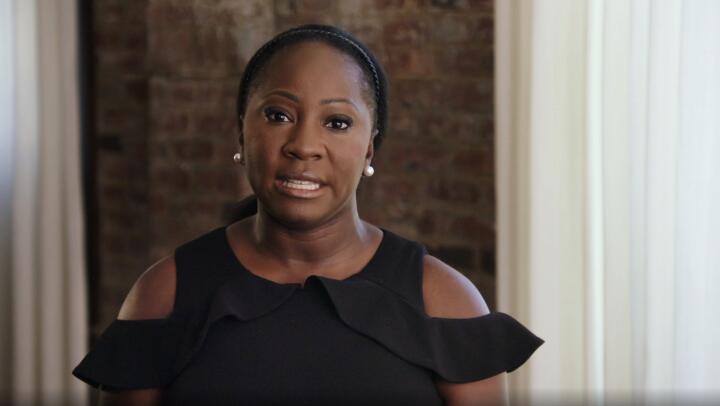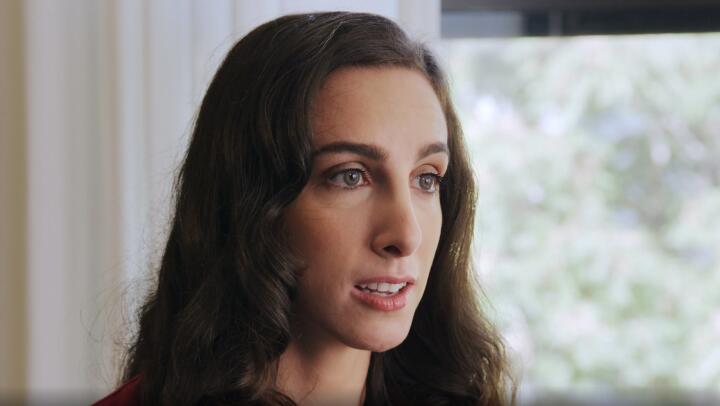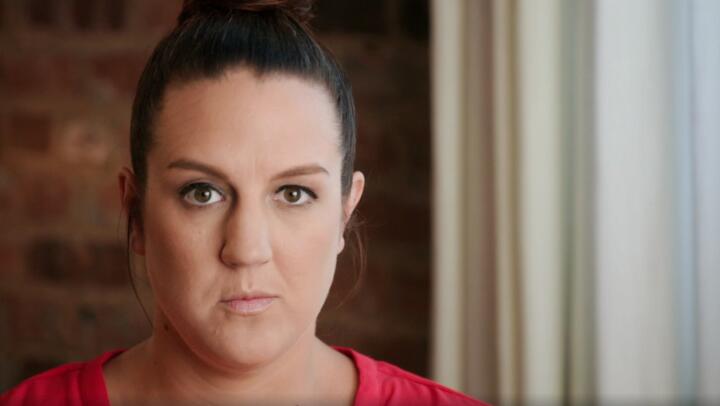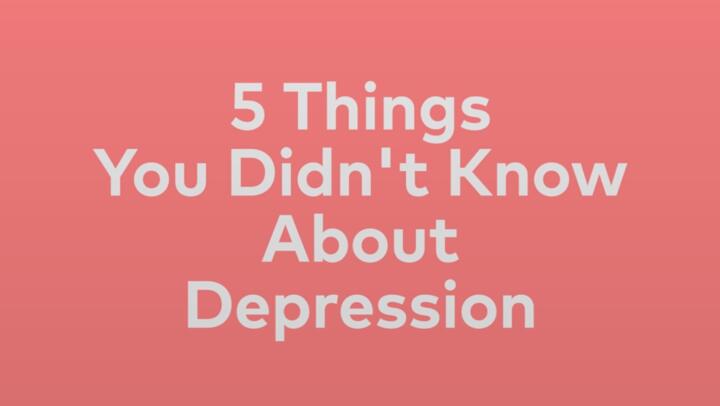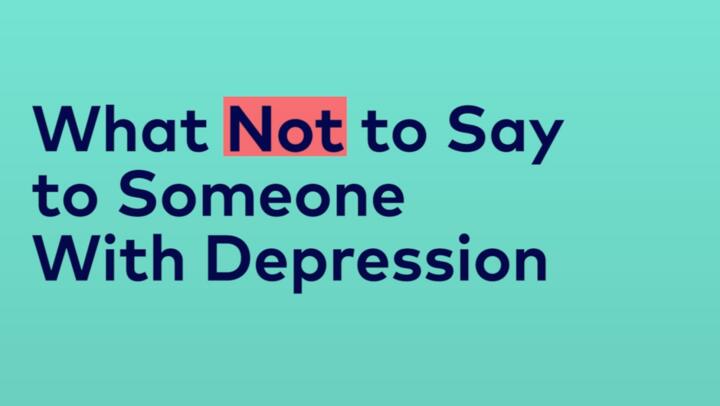It is characterized by delusions, which are strong beliefs and suspicions of things that are clearly not true.
This article will further define delusional disorder. It will also discuss the different types, symptoms, and treatments for delusional disorder.
What is delusional disorder?

Delusional disorder is a psychological condition in which someone holds onto strong beliefs in one or more things that are clearly untrue.
Someone with delusional disorder may often misinterpret people or situations in order to support their own beliefs. They will typically refuse to change anything about their beliefs, even if they are presented with clear evidence disproving them.
Based on a study of the New Jersey prison population, research suggests that delusional disorder may affect around 0.24% of the population, roughly 1 in every 416 people. However, this number could be much higher as the condition often goes undetected.
If you have delusional disorder, your beliefs are often completely plausible. These may include thinking someone is following you or persecuting you. However, these situations are generally completely untrue or are exaggerated. In some cases, you may center your beliefs on situations that are impossible or, at the very least, unlikely.
One of the main factors that differentiate delusional disorder from other psychotic disorders, such as schizophrenia, is that it does not produce as many impairments in your daily life. Often, people with delusional disorder are able to function as they usually would from day to day.
Delusional disorder does not tend to be more prevalent in a particular gender. It also typically has a later onset than other disorders, such as schizophrenia.
What are the types of delusional disorders?
The subtypes that are most frequently seen with delusional disorder
- Bizarre: This is a delusion that involves phenomena that are not related to your everyday life, are not understandable, and are typically impossible.
- Delusional jealousy: This is a strong belief that your partner or significant other is being unfaithful.
- Grandiose: A grandiose delusion is when you are convinced that you have a great talent, or have an inflated sense of self-worth, knowledge, power, or a relationship with someone famous.
- Erotomanic: This is the belief that someone else, typically someone of a higher status, is in love with you.
- Persecutory: This is the belief that you are being conspired against, harassed, attacked, or obstructed in your pursuit of certain long-term goals.
- Thought broadcasting: This is the belief that your thoughts are being projected out and then perceived by others.
- Thought insertion: This is the belief that your thoughts are not your own, but have been implanted into your mind by an external source.
- Somatic: This type of delusion involves sensations and bodily functions.
- Mixed: This is when there is not one singular theme present in your delusions.
Learn more about your mental health and behavior by visiting our hub.
What are the symptoms of delusional disorder?
Delusional disorder shares some of the same symptoms as paranoid personality disorder (PPD). Sometimes, someone with PPD will go on to develop delusional disorder as well.
Along with the delusions, symptoms of delusional disorder include:
- feeling like you are being taken advantage of
- feelings of irritability or persistent anger
- a preoccupation with the loyalties of others
- a suspicion of the motives of others
- a quick and strong reaction to perceived wrongs
- believing the words or actions of others are threatening, even when they are not
- holding grudges
What are the causes and risk factors of delusional disorder?
Experts
While the cause is not known, there are certain factors that can increase your risk of developing delusional disorder.
These risk factors include:
- Family history: It is possible that if you have a family member diagnosed with delusional disorder or schizophrenia, you are possibly at a higher risk of developing it yourself. However, there is still no definitive connection between specific genes and the development of delusional disorder.
- Psychological factors: There is a possible connection between psychological factors, such as social isolation or stress, that can put you at a higher risk of developing delusional disorder.
- Substance misuse: People who misuse harmful drugs or alcohol tend to be at a higher risk of developing delusional disorder.
- Brain structure and function: There are possible differences in the function and structure of the brain of someone with delusional disorder.
How do doctors diagnose delusional disorder?
In order to diagnose delusional disorder, your doctor will most likely perform a physical exam to rule out any underlying medical conditions that could cause your symptoms. They will also typically order a psychological assessment with a mental health professional.
This assessment will generally consist of either a questionnaire or a talk session. Your mental health professional will use this time to assess your mood, the state of your mental health, and your mental health history.
They will then compare these results to the criteria set out by the Diagnostic and Statistical Manual of Mental Disorders, 5th Edition.
The diagnostic criteria for delusional disorder include:
- one or more delusions that last at least 1 month
- no other symptoms that are related to schizophrenia
- no atypical behavior and daily life is not impaired aside from the delusions
- symptoms are not related to substance misuse or underlying medical conditions
How do doctors treat delusional disorder?
Treatment for delusional disorder will vary from person to person. You should work closely with your doctor or a mental health professional to form the right treatment plan for you.
Treatments for delusional disorder
- psychotherapy or cognitive behavioral therapy (CBT)
- antipsychotic medications
- antidepressant medications
- mood-stabilizing medications
What are the complications of delusional disorder?
If left untreated, delusional disorder can lead to complications. Most of these complications are lifestyle complications, not physical ones.
These complications often arise when someone with delusional disorder resists treatment because they cannot change their beliefs.
Complications of delusional disorder
- depression
- violence
- legal issues
- social isolation
What other conditions are related to delusional disorder?
Some people believe that delusional disorder is a subtype of certain psychotic disorders.
Other conditions that are related or similar to delusional disorder include:
- bipolar disorder
- schizophrenia
- schizoaffective disorder
- substance use disorders
Click here to learn more about psychosis.
Summary
Delusional disorder is characterized by the experience of delusions. Delusions are strong beliefs in something that is clearly untrue.
Delusional disorder does not typically cause the same impairments as other disorders, such as schizophrenia, so it can often go undetected.
If you feel you are experiencing any of the symptoms of delusional disorder, talk with your doctor.








